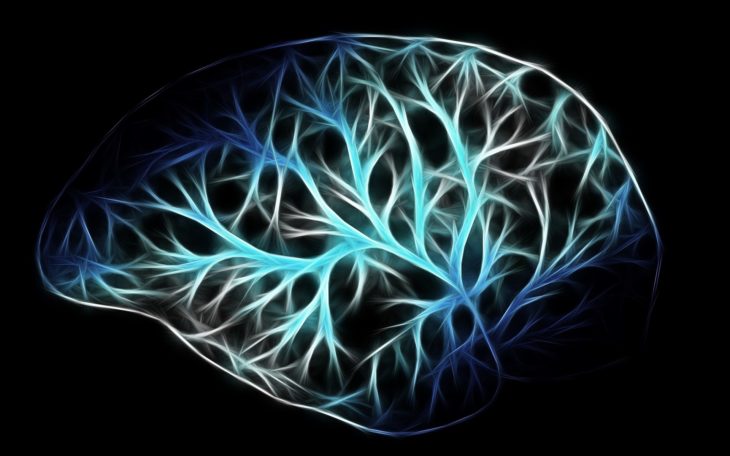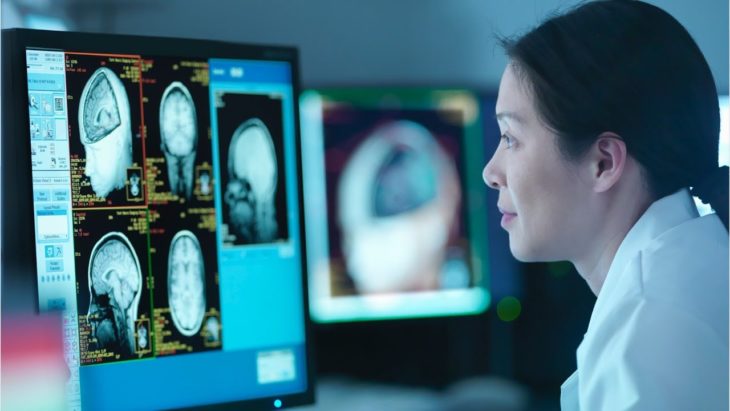Within medicine there are some truly fascinating fields that some of the most intelligent doctors and professionals are working in, to help learn more about the human body and to use that knowledge to improve our lives and to help cure and treat a wide range of diseases. One such field of medicine and science which we are going to focus on today is neuropsychology, a highly fascinating and remarkable area which we are still learning so much about.
To help us learn more about this branch of science and medicine we have the brilliant Dr. Curtis Cripe on hand to clear up any misunderstandings which you may have and to remind us exactly why this is such an important branch of medicine. We are going to look into what neuropsychology is, what we are able to treat using neuropsychology and most importantly for those of you out there who have a real passion for it, what you can do in order to become a neuropsychologist. Let’s dig a little deeper than into this interesting topic.
Contents
What Exactly is Neuropsychology?

Source: hannahkorrel
To get started let’s take a brief look into what exactly neuropsychology is. This is a specialty that falls under the umbrellas of both psychology and neurology. In psychology we have the study of the mind, the behaviors of people and the thought processes which shape and change who we are. In neurology, we have the study of the brain, its parts, its function and how it reacts to the rest of the body and dictates what we do and say. Neuropsychology straddles both of these areas of medicine and focuses on how the behaviors of humans and their psychology, is affected or impacted by what the brain is doing. Many brain disorders produce mental disorders, and this specialty is about looking into how these manifest and what the root causes are behind these disorders.
We don’t always see a direct correlation between damage to the neurological system and behavioral, or psychological disorders, but where the two do exist it is the work of a neuropsychologist that will ascertain why the disorder has been caused, and what can be done to remedy the situation, if anything. In the case of a psychological disorder without neurological problems, the issue will be resolved by a psychologist. If this is in reverse and the issue is issue neurological, then a neurologist will deal with the problem.
What Exactly Does Neuropsychology Treat?

Source: betterhelp
There is a large list of issues and disorders which will be treated by a neuropsychologist, and in doing so they will work alongside psychologists and neurologists as they try their best to help their patients. This is a brief list of the majority of cases that a neuropsychologist will take on, but it is important to note that they are not always successful given the lack of knowledge which we still have about a number of these issues.
- Hyperactivity disorder
- Attention deficit disorder
- Endocrine disorders
- Brain tumors
- Brain cancer
- Dementia
- Alzheimer’s
- Epilepsy
- Seizure disorders
- Sex chromosome abnormalities
- Klinefelter syndrome
- Motor neuron diseases
- Sports concussion
- Traumatic brain injury
- Autism spectrum disorders
It is important to note that whilst we have learned a massive amount about the brain and how it functions, as well as psychology and how behaviors come about, the brain is still an area where we have so much to learn about, and this is why more often than not we hear neuropsychology being referred to as a science first, and a branch of medicine second. We continue to learn a lot about this every single day.
Assessments

Source: youtube
Another key function within neuropsychology is the assessments that take place when they are trying to diagnose an issue. These are very important becasue the behaviors of patients who have different neurological disorders can often be the same, so more assessments are required in order to correctly ascertain exactly what the patient is struggling with. This will involve motor skills testing, personality assessments, coordination, focus, and attention span as well as memory tests and assessments of speech and language amongst others. These are the best way that we have to recognize the behavioral influence of any neurological disorder and every year we are discovering new ways of identifying certain ailments.
Becoming a Neuropsychologist

Source: pinterest
If you wish to become a neuropsychologist then you will have to take the course at degree level first. Following this, you will have to work in the field for a minimum of 2 years, and this will be preceded by 2 years of training under supervision in the field. Finally, you will complete a year-long residency before you are able to attain your certificate from the American Board of Clinical Neuropsychology of the American Academy of Clinical Neuropsychology.
A fascinating area of science and medicine.
